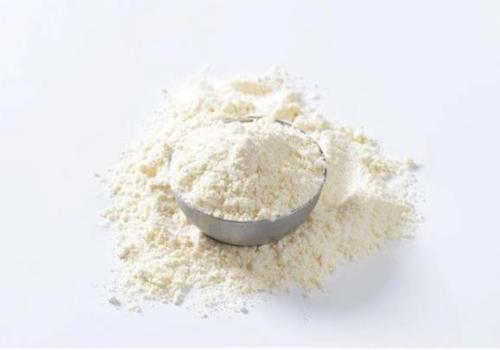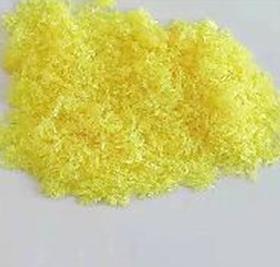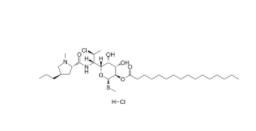NSI-189 CAS:1270138-40-3

X
NSI-189 CAS:1270138-40-3 Price And Quantity
- 10 Gram
- 60.00 - 130.00 USD ($)/Gram
- 78 USD ($)/Gram
NSI-189 CAS:1270138-40-3 Trade Information
- Shanghai China
- Telegraphic Transfer (T/T)
- 600 Gram Per Month
- 3 Days
- Within a certain price range free samples are available
- 10g/bottle
- Australia South America Western Europe Eastern Europe Middle East Africa Central America Asia North America
- All India
- COA
Product Description
Enter Buying Requirement Details





